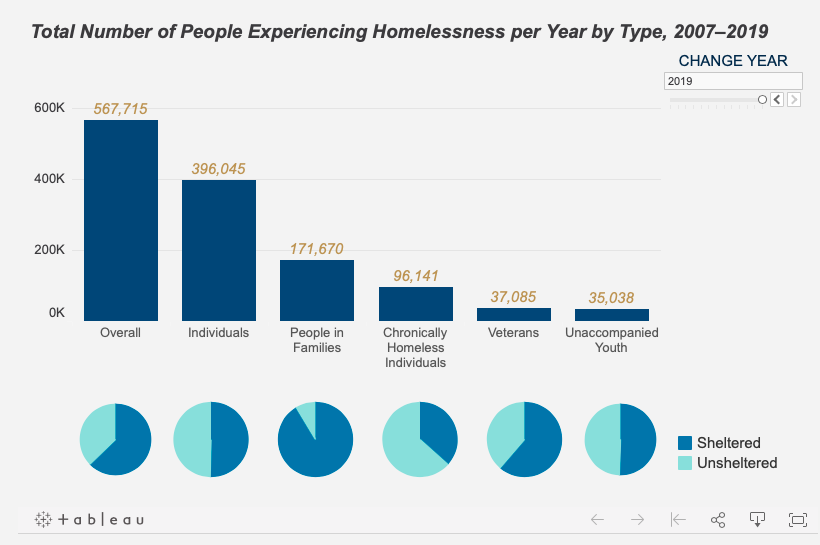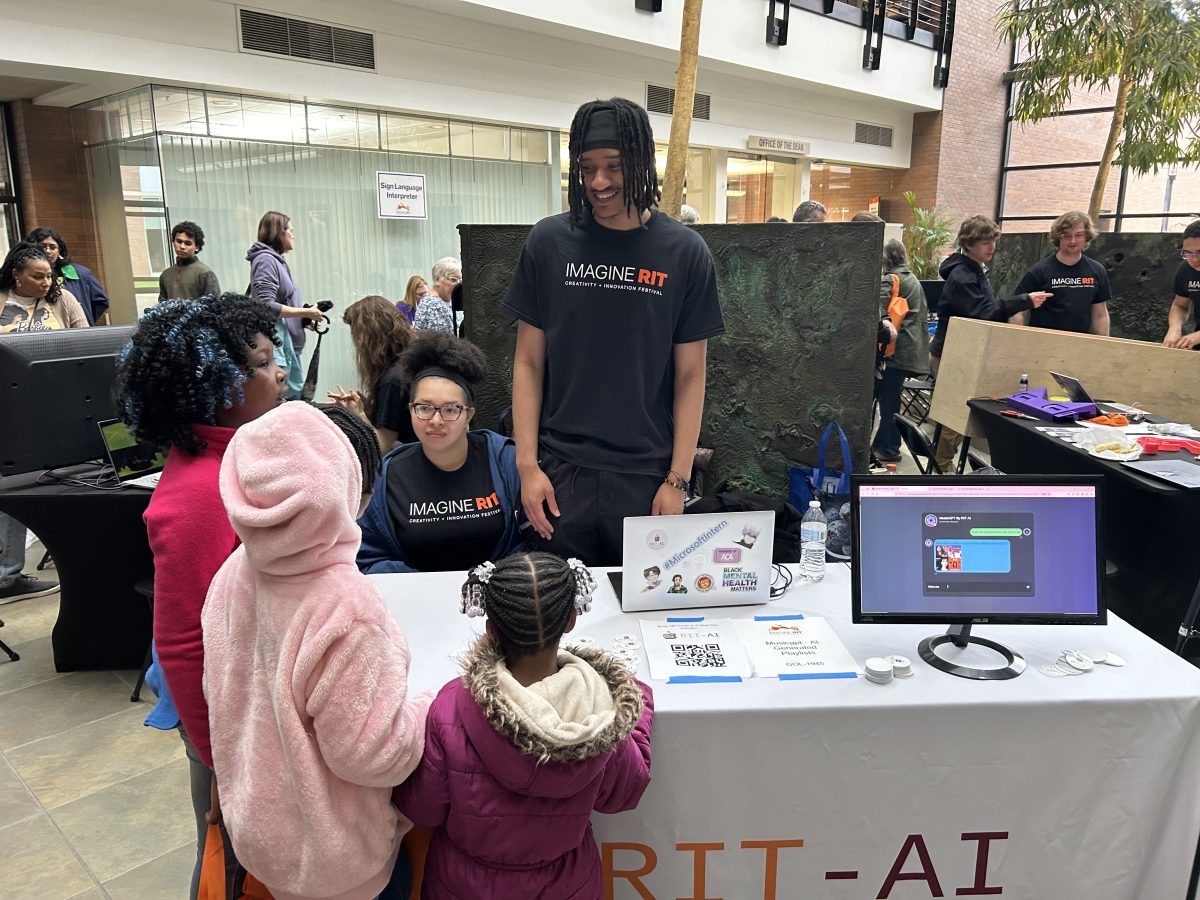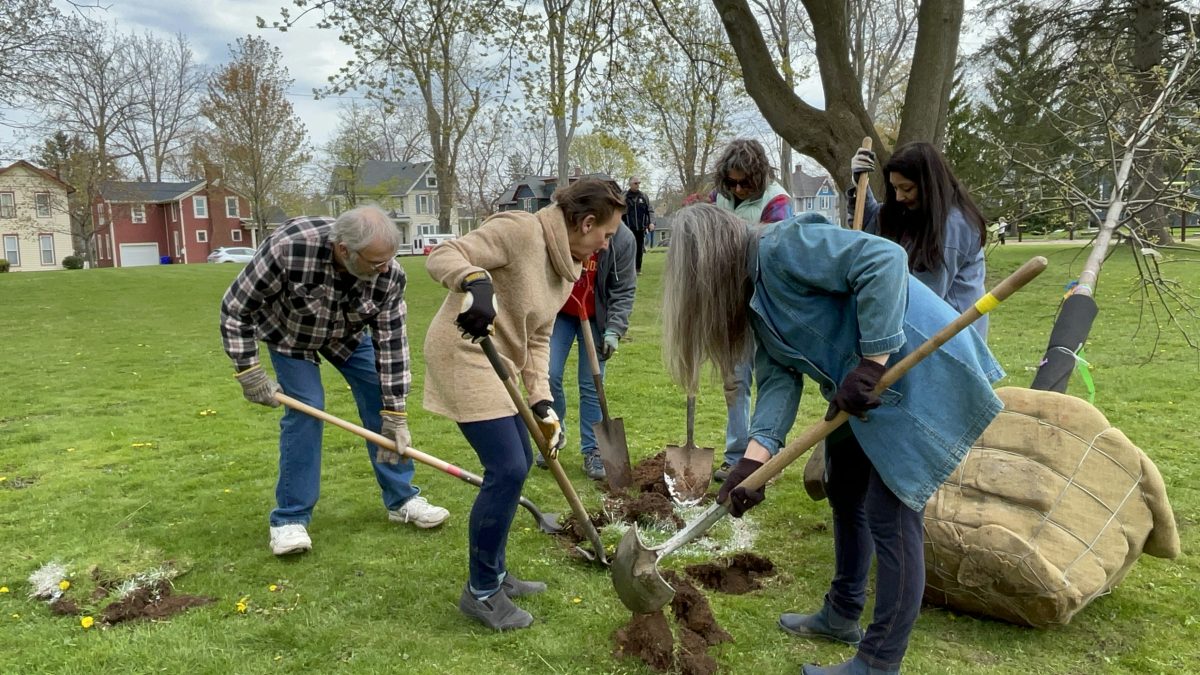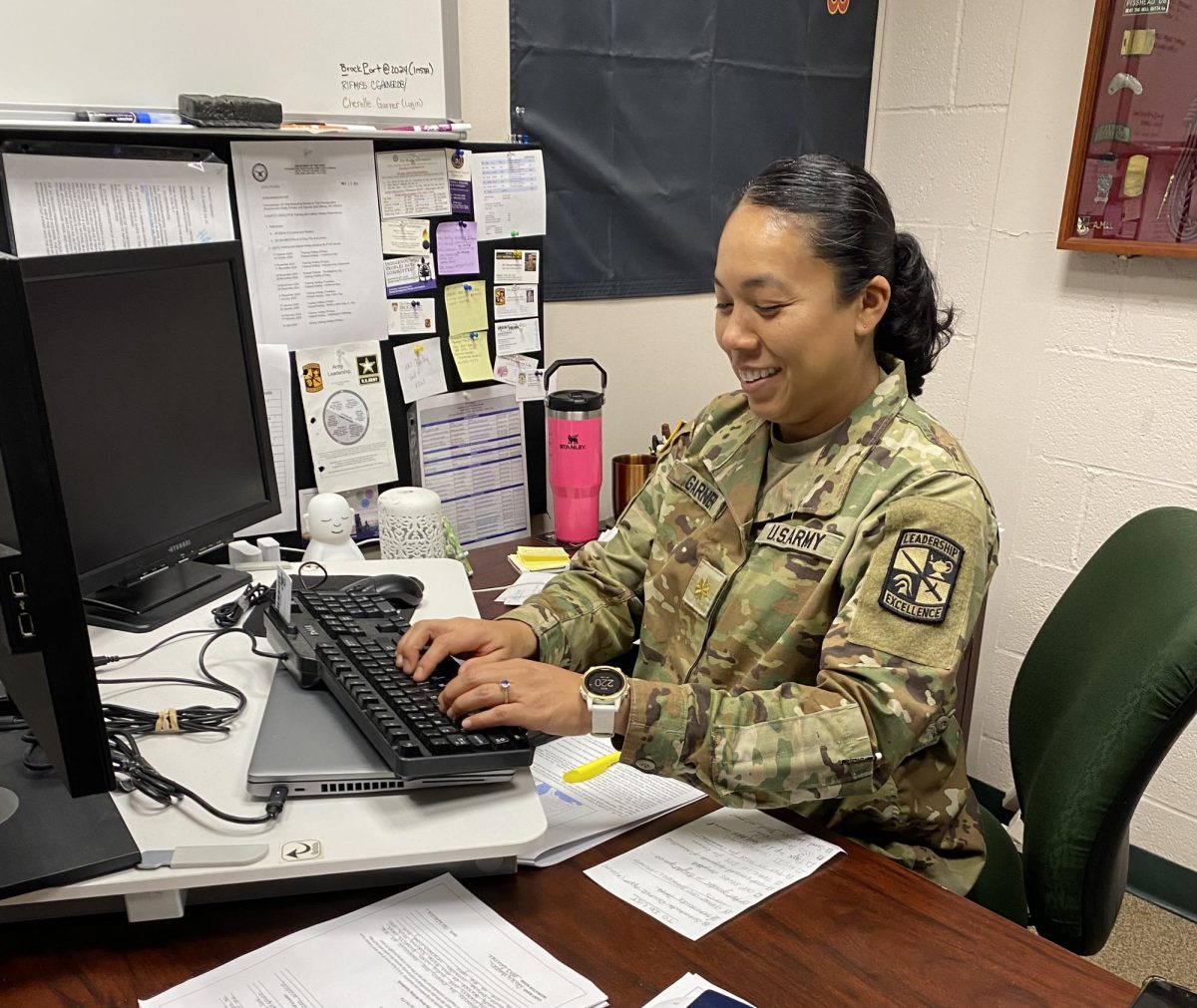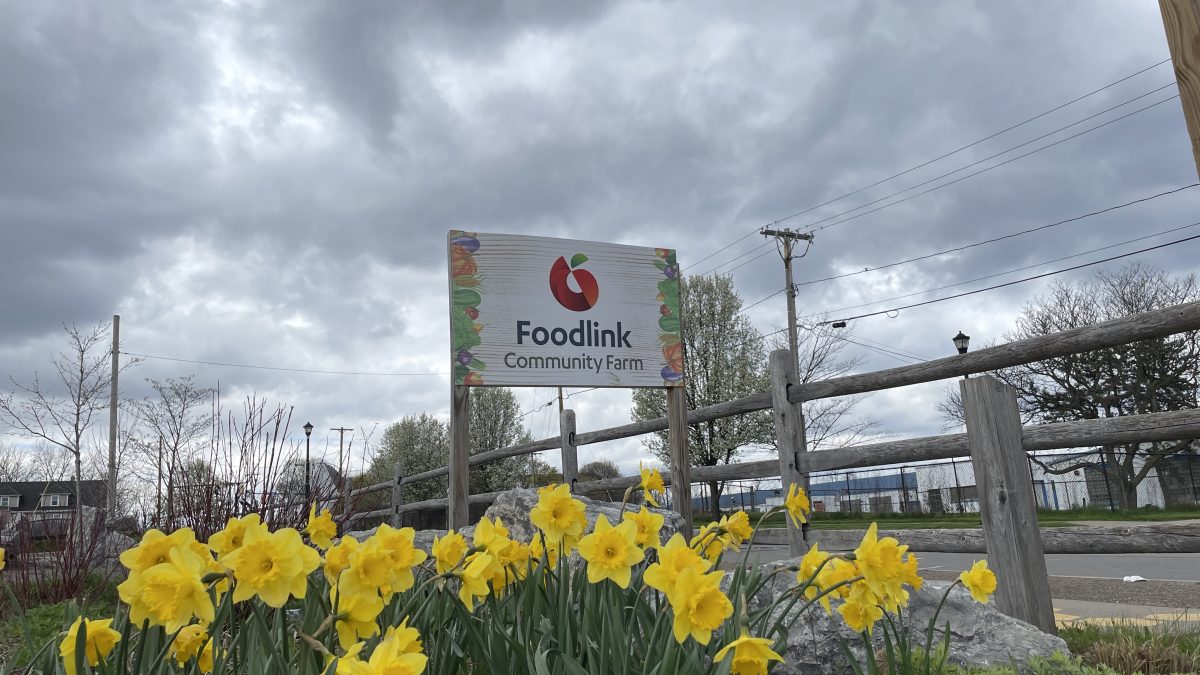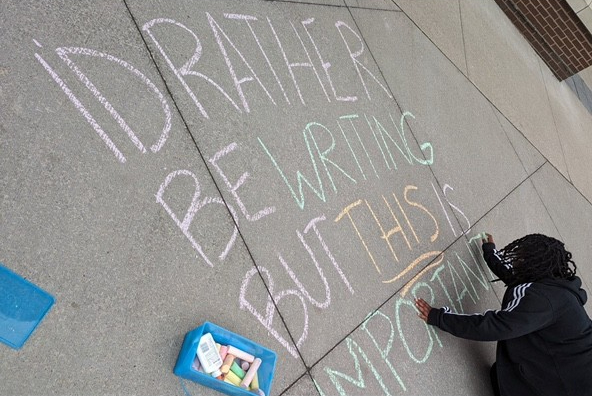The Covid-19 pandemic is an unprecedented time for everyone. This is clear even for the Center for Disease Control, as they continuously change policies and add new recommendations on how to protect yourself from the deadly virus.
The uncertainty that was trickling down from government officials caused many of us to be afraid and stressed—leading everyone to believe that the only known protection from the deadly virus was to lock yourself inside the safety and comfort of your home.
Yet, this fundamental privilege is not the same for everyone living in the United States. Recent statistics from the United States Interagency Council on Homelessness discovered 92,091 people experiencing homelessness in New York state alone. With an estimated total of more than 500,000 homeless people living in the US, according to a 2019 research by the National Alliance to End Homelessness.
As the virus continued to spread across America, homeless individuals and families in need were at a higher risk of catching the deadly virus due to their higher interaction with the general public.
States were at a disadvantage as the federal government failed to quickly adopt a nationwide strategy that would have protected their citizens from the beginning. Communities dealing with homelessness and families needing emergency services were quick to not rely on state aid.
Instead, private organizations like The Open Door Mission, located in inner-city Rochester, NY, relied heavily on the county, city, and local government support throughout the pandemic.
“Since early March, we have been working with the local health department essentially to better understand and implement protocols,” said Executive Director Anna Valeria-Iseman. “From a local perspective, the local health department, local health and human services, and city government were all incredibly supportive,” said Iseman.
This support was evident as the County paid for the relocation of half of all four Open Door shelter guests into hotels by the end of March.
“State government was a little different; we were not getting immediate aid from the state, and the office of Temporary Disability Assistance, which oversees the homeless boroughs, did not offer a tremendous amount of support,” said Iseman.
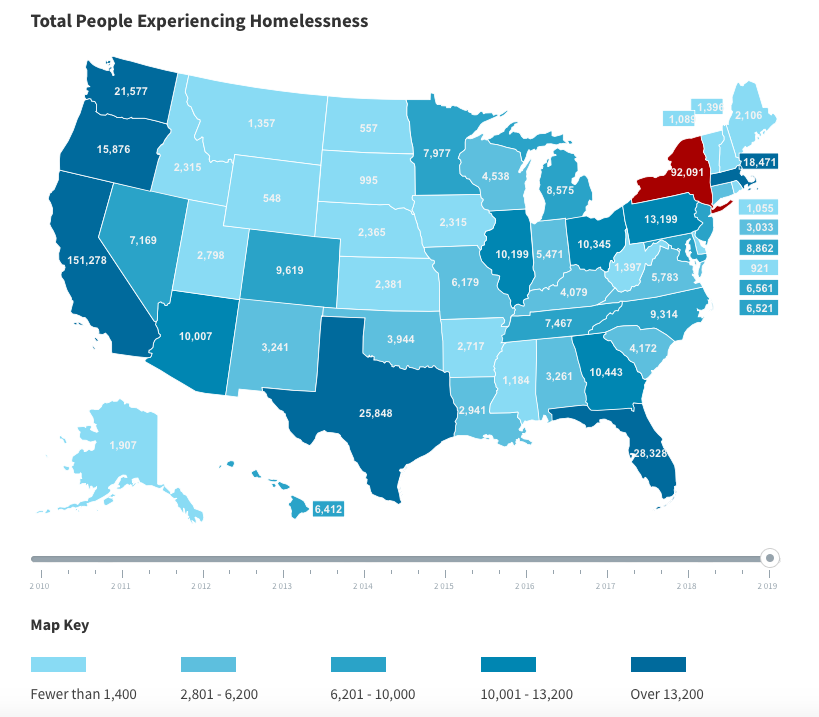
Although the federal government did make efforts to assist each state with the proper care and support, it was their failed readiness to work across all departments dealing with housing and health that impacted this population the most.
The Open Door Mission found that the federal government’s decision to have a nationwide shutdown was as problematic as the pandemic. This comes after they noticed an extreme uptick in need of emergency supplies like shelter, food, and clothes due to the increase in unemployment.
“We served so many people that essentially they were one paycheck, one missed shift even away from homelessness,” said Iseman.
When the nationwide shutdown occurred in early March, the closing of schools and businesses increased the stress in families who essentially depended on their bi-weekly paychecks to get through the week. But as the shutdown continued with no end in sight, the stress increased even more as people were getting laid off and supplies in grocery stores drastically decreased.
This extreme increase in unemployment throughout the United States caused many families to scramble for funding, and childcare services became unavailable to those who could no longer afford these services. Ultimately, this caused many families and working people to be evicted from their homes and rely on organizations like the Open Door Mission for help.
The federal government failed to acknowledge the communities experiencing the pandemic’s drastic effects, leaving many families and people to fend for themselves as the pandemic worsened and continued for another nine months.
The government’s uncertainty made it difficult for people to know what to expect from the pandemic. The government’s lack of response and support caused many to rely on shelters and local supports in their communities. If it were not for shelters like the Open Door Mission, many people would have had no access to emergency services or have had fast enough access to these essential items that people and families rely on to survive the year-long pandemic.



















